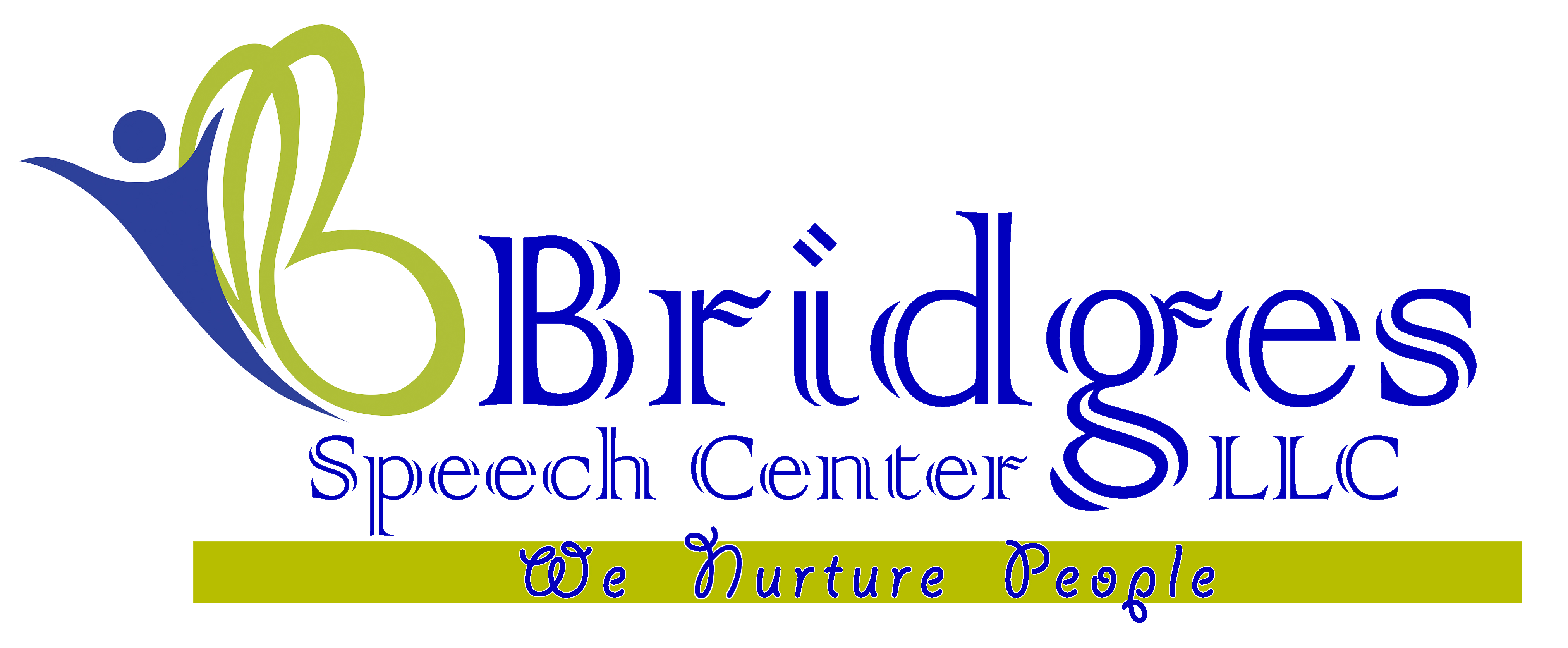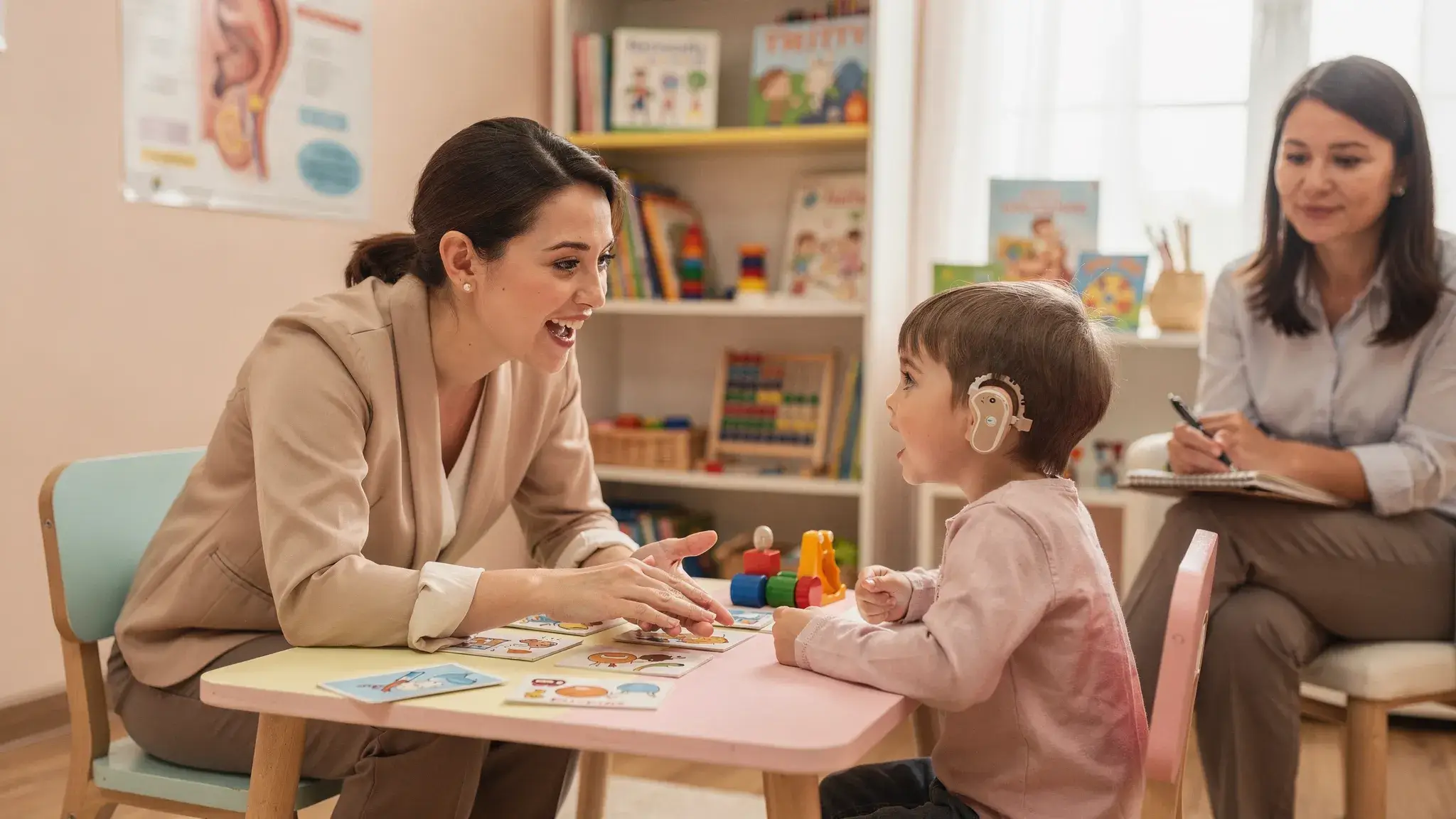- About Us
- Our Services
- Speech Therapy
- Speech and Language Therapies for Adults in Dubai
- Speech and Language Therapies for Children in Dubai
- Accent therapy
- Augmentative Alternative Communication (AAC) Therapy
- Articulation Speech Therapy
- Auditory Processing therapy/ Auditory verbal therapy
- Language Intervention: Speech Delay therapy
- Oral Motor Therapy
- Play Based therapy
- PROMPT/DTTC/RePT for Childhood Apraxia of Speech
- Social communication/Pragmatic language therapy
- Stuttering / Stammering therapy Program
- Spellography Program for Dyslexia
- Voice Therapy
- Home Care Services
- Feeding Therapy
- Physiotherapy
- Pediatric and Geriatric Physiotherapy
- Fall Prevention Programs for the Elderly
- Developmental Delay Treatment for Children
- Cerebral Palsy Management for Children
- Pediatric Orthopedic Conditions
- Osteoporosis Management for the Elderly
- Sports Injuries in Children
- Mobility and Balance Training for Elderly
- Joint Pain Treatment (Knee, Shoulder, Hip)
- Age-Specific Exercise Programs
- Coordination and Balance Exercises
- Orthopedic Physiotherapy
- Neurological Physiotherapy
- Sports Physiotherapy
- Cardiopulmonary Physiotherapy
- Women’s Health Physiotherapy
- Manual Therapy
- Therapeutic Exercise
- Pain Management
- Electrotherapy
- Ergonomic Consultation
- Tele-Physiotherapy Services
- Pediatric and Geriatric Physiotherapy
- Occupational Therapy
- Sensory Integration
- Clinical Psychology & Psychotherapy
- Cognitive Behavioral Therapy(CBT)
- ABA /Behavior Therapy
- Bridge Learning Program
- Group therapy
- Summer/Winter Program
- Telehealth Services
- Training Program/CEU
- Internship/ Observership
- Speech Therapy
- Super Team
- Collaboration
- Training Course
- News/Blogs
- About Us
- Our Services
- Speech Therapy
- Speech and Language Therapies for Adults in Dubai
- Speech and Language Therapies for Children in Dubai
- Accent therapy
- Augmentative Alternative Communication (AAC) Therapy
- Articulation Speech Therapy
- Auditory Processing therapy/ Auditory verbal therapy
- Language Intervention: Speech Delay therapy
- Oral Motor Therapy
- Play Based therapy
- PROMPT/DTTC/RePT for Childhood Apraxia of Speech
- Social communication/Pragmatic language therapy
- Stuttering / Stammering therapy Program
- Spellography Program for Dyslexia
- Voice Therapy
- Home Care Services
- Feeding Therapy
- Physiotherapy
- Pediatric and Geriatric Physiotherapy
- Fall Prevention Programs for the Elderly
- Developmental Delay Treatment for Children
- Cerebral Palsy Management for Children
- Pediatric Orthopedic Conditions
- Osteoporosis Management for the Elderly
- Sports Injuries in Children
- Mobility and Balance Training for Elderly
- Joint Pain Treatment (Knee, Shoulder, Hip)
- Age-Specific Exercise Programs
- Coordination and Balance Exercises
- Orthopedic Physiotherapy
- Neurological Physiotherapy
- Sports Physiotherapy
- Cardiopulmonary Physiotherapy
- Women’s Health Physiotherapy
- Manual Therapy
- Therapeutic Exercise
- Pain Management
- Electrotherapy
- Ergonomic Consultation
- Tele-Physiotherapy Services
- Pediatric and Geriatric Physiotherapy
- Occupational Therapy
- Sensory Integration
- Clinical Psychology & Psychotherapy
- Cognitive Behavioral Therapy(CBT)
- ABA /Behavior Therapy
- Bridge Learning Program
- Group therapy
- Summer/Winter Program
- Telehealth Services
- Training Program/CEU
- Internship/ Observership
- Speech Therapy
- Super Team
- Collaboration
- Training Course
- News/Blogs
Table of Contents
TogglePediatric and Geriatric Physiotherapy Treatment in Dubai
- Home
- Our Services
- Physiotherapy
Menopause-related Physical Therapy
Menopause is a natural phase in a woman’s life, typically occurring between the ages of 45 and 55, marking the end of menstrual cycles. This transition brings various physiological changes and symptoms that can significantly impact a woman’s quality of life. Menopause-related physical therapy is designed to address these changes and alleviate symptoms through targeted interventions. Our specialized care aims to enhance overall well-being, manage symptoms, and support women in maintaining an active and healthy lifestyle during this transition.
Understanding Menopause and Its Impact
Menopause is characterized by the decline in estrogen and progesterone production, leading to various physical and emotional changes. Common symptoms include:
- Hot Flashes and Night Sweats: Sudden feelings of warmth, often accompanied by sweating and flushing, can disrupt daily activities and sleep.
- Bone Density Loss: Reduced estrogen levels can lead to decreased bone density, increasing the risk of osteoporosis and fractures.
- Joint and Muscle Pain: Hormonal changes can cause joint stiffness and muscle pain, affecting mobility and comfort.
- Weight Gain and Metabolism Changes: Slower metabolism and weight gain, particularly around the abdomen, are common concerns.
- Pelvic Floor Dysfunction: Weakened pelvic floor muscles can lead to urinary incontinence and pelvic organ prolapse.
- Sleep Disturbances: Hormonal fluctuations can interfere with sleep patterns, leading to insomnia or poor sleep quality.
- Mood Swings and Emotional Changes: Anxiety, depression, and mood swings can occur due to hormonal imbalances.
Comprehensive Assessment
The first step in menopause-related physical therapy is a thorough assessment conducted by our experienced physiotherapists. This assessment includes:
- Medical History Review: Understanding the patient’s health history, including any pre-existing conditions, current symptoms, and overall health status.
- Physical Examination: Evaluating posture, joint function, muscle strength, and flexibility to identify areas of concern.
- Bone Density Assessment: Assessing bone health to identify the risk of osteoporosis.
- Pelvic Floor Assessment: Evaluating pelvic floor muscle function to identify any signs of dysfunction or weakness.
- Functional Assessment: Observing the patient’s ability to perform daily activities and identifying any limitations or discomfort.
Personalized Treatment Plan
Based on the assessment findings, our physiotherapists develop a personalized treatment plan tailored to the specific needs and goals of each patient. The treatment plan may include a combination of the following interventions:
Exercise Therapy
Exercise is a key component of managing menopause symptoms and improving overall health. Our exercise therapy programs include:
- Strength Training: Weight-bearing exercises to enhance muscle strength, improve bone density, and boost metabolism.
- Cardiovascular Exercises: Activities such as walking, cycling, and swimming to promote heart health, manage weight, and improve mood.
- Flexibility and Stretching Exercises: Stretching routines to improve joint mobility and reduce stiffness.
- Balance and Coordination Exercises: Activities to enhance balance and coordination, reducing the risk of falls.
Pelvic Floor Rehabilitation
Menopause can weaken the pelvic floor muscles, leading to urinary incontinence and other issues. Our pelvic floor rehabilitation includes:
- Pelvic Floor Exercises: Targeted exercises, such as Kegels, to strengthen the pelvic floor muscles and improve bladder control.
- Biofeedback: Techniques to help patients understand and control their pelvic floor muscles.
- Education: Information on pelvic health and strategies to prevent pelvic floor dysfunction.
Bone Health Management
Maintaining bone health is crucial during menopause to prevent osteoporosis and fractures. Our bone health management includes:
- Weight-Bearing Exercises: Activities that stimulate bone growth and improve bone density.
- Nutritional Guidance: Advice on calcium and vitamin D intake to support bone health.
- Fall Prevention Programs: Strategies to improve balance and prevent falls, reducing the risk of fractures.
Pain Management
Joint and muscle pain can be a significant issue during menopause. Our pain management strategies include:
- Manual Therapy: Techniques such as massage, joint mobilization, and myofascial release to alleviate pain and improve mobility.
- Therapeutic Modalities: Use of heat, cold, ultrasound, and electrical stimulation to reduce pain and inflammation.
- Exercise Therapy: Specific exercises to address pain, improve function, and enhance overall well-being.
Sleep and Stress Management
Sleep disturbances and stress are common during menopause. Our programs focus on:
- Relaxation Techniques: Practices such as deep breathing, progressive muscle relaxation, and mindfulness to reduce stress and promote relaxation.
- Sleep Hygiene Education: Tips on improving sleep quality, such as maintaining a regular sleep schedule, creating a comfortable sleep environment, and avoiding stimulants before bedtime.
- Cognitive Behavioral Therapy (CBT): Techniques to address insomnia and improve sleep patterns.
Emotional Support
Emotional changes during menopause can affect overall well-being. Our support services include:
- Counseling: Access to psychological counseling to help manage mood swings, anxiety, and depression.
- Support Groups: Opportunities to connect with other women experiencing menopause, providing a sense of community and shared understanding.
- Mindfulness and Relaxation Techniques: Techniques to manage stress and promote emotional balance.
Benefits of Menopause-related Physical Therapy
Our comprehensive approach to menopause-related physical therapy offers numerous benefits, including:
- Improved Physical Function: Enhanced strength, flexibility, and mobility, supporting an active lifestyle.
- Better Bone Health: Increased bone density and reduced risk of osteoporosis and fractures.
- Reduced Pain and Discomfort: Effective management of joint and muscle pain, improving overall comfort.
- Enhanced Pelvic Health: Strengthened pelvic floor muscles, reducing the risk of urinary incontinence and pelvic organ prolapse.
- Better Sleep Quality: Improved sleep patterns and reduced insomnia.
- Emotional Well-Being: Psychological support to manage mood swings, anxiety, and depression.
Ongoing Support and Education
In addition to structured rehabilitation sessions, we provide ongoing support and education to empower women during menopause:
- Home Exercise Programs: Customized exercise routines to be performed at home, ensuring continuity of care and long-term maintenance of progress.
- Regular Follow-Ups: Periodic reassessment of symptoms and progress, allowing for adjustments to the treatment plan and continued guidance.
- Educational Resources: Access to information on menopause and physical therapy, including booklets, videos, and workshops, to enhance understanding and self-management.
Contact Us
For more information about our menopause-related physical therapy services or to schedule a consultation, please contact us. Our dedicated team of physiotherapists is committed to providing personalized, compassionate care, helping women navigate menopause and achieve optimal health and well-being.
Make Appointment
Testimonials
What Parents Say
Send us an email if you wish to talk to any of them. For more reviews, please go to Google reviews.

My experience with bridges speech centre has been great. My child is attending OT in the center and we are happy and proud with the progress Mrs. Richa has made. The therapists are very supportive and knowledgable in selecting techniques to suit with our child's requirements . Their monthly review and evaluation is remarkable. I highly recommend bridges speech centre to anyone looking for an affordable and professional therapy for their child....

We were asked to consult a speech therapist for my son. As parents we were quite skeptical about this whole process. However, once my son started attending Dr Rupali’s sessions we noticed a drastic improvement in his speech. He used to speak only a few words but within the 1st four sessions he started speaking up-to 5 words sentences. I also learnt to manage my child’s emotions better with Dr Rupali’s guidance. She is very cooperative and patiently answer all questions.

We took our 21 month old daughter to Bridges speech center following her cleft palate surgery as she needed Speech therapy. Ms.Rupali was recommended to us by both our Pediatrician and ENT specialist. The staff at Bridges are qualified, warm and friendly. My daughter loved to attend the speech therapy sessions. Through various techniques and simulations provided during these sessions, I can see considerable improvement in my daughter's speech. Lastly I would say, no child is same, as parents we need to be patient and trust the process.

Rupali was excellent. In just couple of sessions she helped my child overcome difficulty in pronouncing ch and sh sound. Thanks very much.Highly recommend for children who will need assistance in speech therapy.
Blog & Article
Our Latest Blog & Articles
Sensory Integration Therapy at Home for Children with Sensory Challenges
When a child gets overwhelmed by everyday sounds, refuses certain clothes because they...
Auditory Verbal Therapy vs Speech Therapy: What’s the Difference?
After a hearing screening, an ENT appointment, or even a note from school,...



